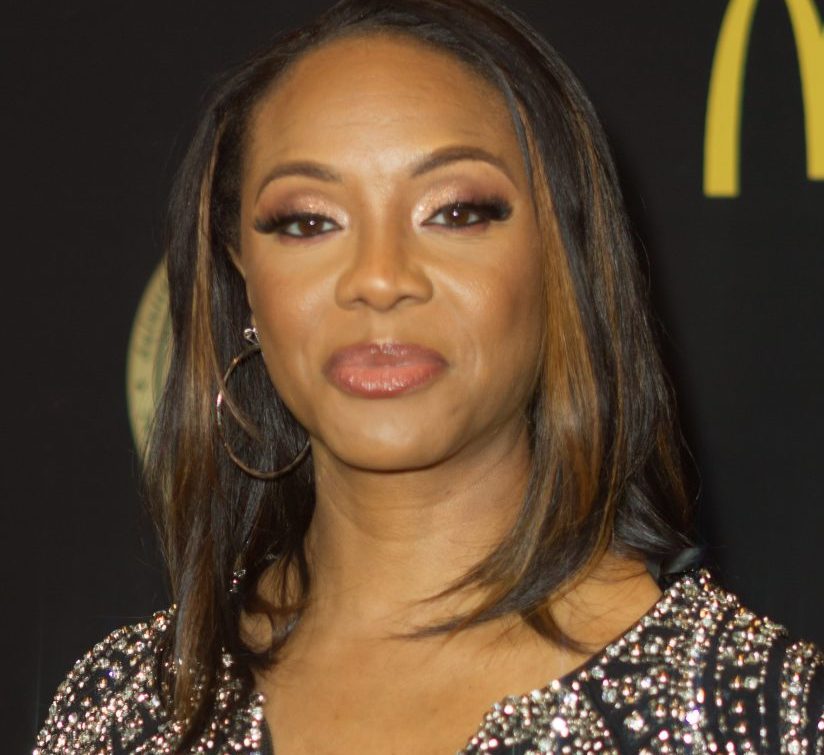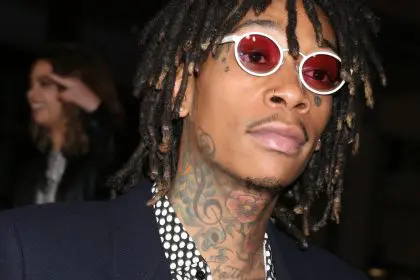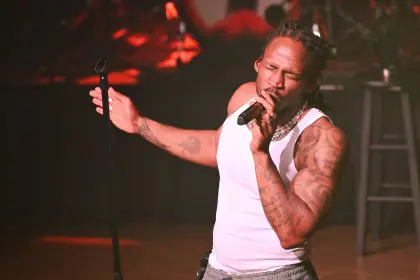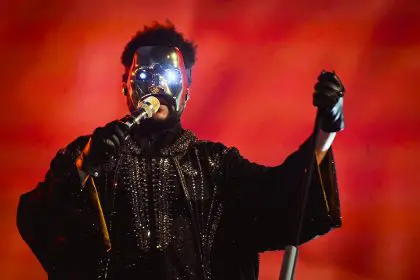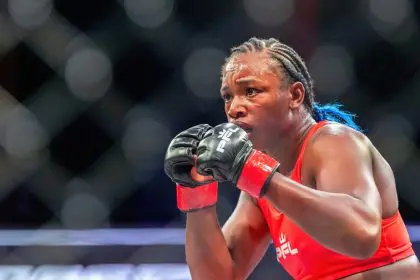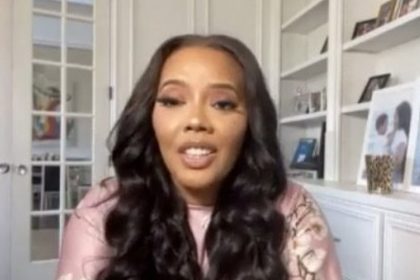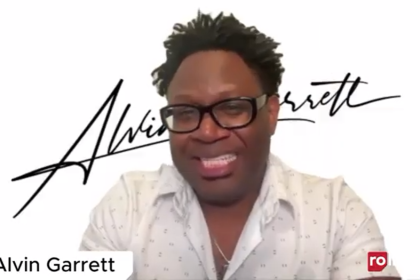From its earliest days, hip-hop has been fundamentally about storytelling, with artists repurposing existing sounds to create new forms of self-expression. While the genre is often perceived as male-dominated, female rappers have been integral to its development since the beginning.
The early pioneers who defied expectations
In an industry that historically marginalized women’s contributions, female rappers carved out space through sheer talent and determination. The earliest pioneers established that women deserved recognition not as accessories but as central figures in hip-hop culture.
Sha-Rock stands as the literal first woman of recorded rap, earning her title as the “Mother of the Mic.” As a member of Funky 4 + 1, she became the first female rapper to appear on vinyl and television, directly influencing future stars like MC Lyte and DMC of Run-DMC. Her groundbreaking presence opened doors at a time when female MCs faced overwhelming resistance.
MC Lyte made history in 1988 with “Lyte As A Rock,” becoming the first female rapper to release a full-length solo album. Her precise flow and uncompromising lyrics quickly gained industry attention, though not without challenges. She has acknowledged that promoters sometimes didn’t want to pay her what she deserved, though she never allowed these obstacles to derail her. Her 1993 single “Ruffneck” earned a Grammy nomination for Best Rap Single, marking the first such recognition for a female rapper.
Roxanne Shanté demonstrated remarkable skills from age 9, earning acceptance into the influential Juice Crew alongside Big Daddy Kane and Biz Markie. Though she retired at just 25, her impact as one of rap’s early female voices remains significant, proving young women could hold their own in rap battles and posse cuts.
Voices of empowerment and consciousness
As hip-hop evolved through the late 1980s and early 1990s, several female artists used their platforms to address social issues and women’s experiences directly, creating anthems of empowerment that resonated far beyond rap audiences.
Queen Latifah emerged as part of the socially conscious Native Tongues collective. While her male counterparts addressed broad social themes, Latifah specifically tackled issues affecting Black women. Songs like “Ladies First” and “U.N.I.T.Y.” confronted domestic violence, street harassment, and advocated for female solidarity. Her work demonstrated how rap could function as powerful social commentary from a Black woman’s perspective.
British-born Monie Love joined Native Tongues after meeting Queen Latifah, eventually collaborating on “Ladies First” and releasing her own album. Tracks like “Monie In The Middle” cleverly challenged assumptions about Black women’s relationships while maintaining impeccable flow and wordplay.
Salt-N-Pepa revolutionized hip-hop’s approach to sexuality when Cheryl James and Sandra Denton formed their duo in 1985. Clad in bold outfits that embraced their femininity, they dominated the sex-positive movement of the 1990s. Songs like “Push It,” “Let’s Talk About Sex,” and “Shoop” frankly discussed female desire while simultaneously demanding respect and promoting feminist values. They proved women could own their sexuality while maintaining artistic control.
Redefining the feminine aesthetic in rap
The mid-1990s saw female artists who deliberately challenged hip-hop’s masculine norms by embracing hyper-feminine presentations while delivering razor-sharp verses that commanded respect.
Lil’ Kim transformed the paradigm that female rappers needed masculine swagger to succeed. Draped in luxury fashions and lingerie, she weaponized femininity in a male-dominated space. “I’ve always been super sexy and feminine,” Kim told Billboard in 2014. “My record company didn’t understand a female rapper being sexy. They thought I needed to look like MC Lyte, wear sweatsuits.” Instead of conforming, Kim doubled down on her sexuality as a form of empowerment.
Foxy Brown entered rap at just 15 years old, first appearing on LL Cool J’s “I Shot Ya” remix before signing to Def Jam in 1996. Her debut album “Ill Na Na” achieved strong sales despite mixed reviews. Like Lil’ Kim, Foxy spoke openly about female sexuality while demanding respect, creating space for complex female narratives in commercial rap.
Eve became the third female rapper to reach number one on the Billboard 200 with her 1999 debut “Let There Be Eve…Ruff Ryders’ First Lady.” Originally signed to Dr. Dre’s Aftermath Records before joining DMX’s Ruff Ryders crew, Eve’s 2000 album “Scorpion” established her as a household name, proving women could thrive in hardcore rap collectives.
Innovators who changed the game
Some female artists completely transformed hip-hop’s sound and visual language, introducing new approaches that influenced the entire genre regardless of gender.
Missy Elliott revolutionized hip-hop with her partnership with producer Timbaland. After collaborating with artists like Aaliyah, Elliott created her debut “Supa Dupa Fly” in just two weeks, yielding the hit “The Rain.” Her inventive wordplay and unconventional videos featuring baggy clothing and cartoonish visuals offered an alternative to the increasingly sexualized presentation of female rappers. Through albums like “Da Real World” and “Miss E…So Addictive,” Missy established herself as one of modern music’s true visionaries.
Lauryn Hill first gained recognition with the Fugees before her 1998 solo album “The Miseducation of Lauryn Hill” earned universal acclaim. Blending neo-soul with feminist lyrics, Hill explored the complexities of womanhood, motherhood, Black femininity, and music industry politics. Tracks like “Doo Wop (That Thing)” and “Ex-Factor” remain fresh decades later, cementing Hill’s place as an irreplaceable voice in hip-hop.
Bahamadia, one of Philadelphia’s first prominent MCs, brought a distinctively smooth, unflappable flow to the genre. Her 1996 debut “Kollage” made history as the first LP entirely written and co-produced by a female rapper. The album showcased the jazz and soul influences that would become synonymous with Philadelphia’s sound, featuring deceptively simple beats that revealed their complexity through textured melodies.
Southern trailblazers
While early hip-hop centered on East and West Coast scenes, female rappers played crucial roles in establishing Southern rap as a dominant force.
Gangsta Boo emerged as the sole female member of Memphis horrorcore pioneers Three 6 Mafia. Her 1998 solo debut “Enquiring Minds” reached number 15 on Billboard’s R&B/Hip-Hop Albums chart, featuring the breakout hit “Where Dem Dollas At!?” Long before current Memphis stars like NLE Choppa and Moneybagg Yo, Gangsta Boo helped establish the city’s distinctive sound alongside Juicy J and Project Pat.
Mia X became the first female rapper signed to Master P’s No Limit Records, earning the title “Mother of Southern Gangsta Rap.” Beyond her solo work, she collaborated extensively with label artists like Master P and Silkk the Shocker on seminal Louisiana albums including “Ice Cream Man” and “Ghetto D,” helping establish the South as a hip-hop powerhouse.
Trina’s career began in 1998 when Miami rapper Trick Daddy featured her on “Nann Nigga,” which reached number 3 on the Rap Songs chart. This appearance led to a deal with Slip-n-Slide Records and her 2000 debut “Da Baddest Bitch.” Trina’s career has been notable for its consistency and longevity, making her one of Southern rap’s most enduring voices.
Underground and alternative perspectives
While commercial success eluded some female artists, their influence on hip-hop’s underground and alternative scenes proved just as significant.
Jean Grae established herself as a force in New York’s 1990s underground scene before becoming integral to the 2010s independent landscape through collaborations with partner Quelle Chris. Her clever wordplay and unique delivery have earned recognition from artists like Jay-Z, Talib Kweli, and Black Thought. Grae pioneered artist independence by offering verses for fixed fees via Craigslist and embracing artist-friendly platform Bandcamp early on.
Ladybug Mecca introduced her effortlessly cool style as part of jazz-rap trio Digable Planets. After signing to Pendulum Records in 1992, she relocated to Brooklyn to record their gold-certified debut “Reachin’ (A New Refutation of Time and Space).” Following the group’s dissolution, she released the solo album “Trip The Light Fantastic” in 2005 and collaborated with artists ranging from Del tha Funkee Homosapien to projects like Billie Holiday Remixed and Reimagined.
Rah Digga rose to prominence as a member of Busta Rhymes’ Flipmode Squad. Her 2000 solo debut “Dirty Harriet” featured Busta Rhymes and Eve. She also collaborated with Bahamadia on “Be Ok” from Lyricist Lounge, Vol. 1, establishing both women as leaders of the Lyricist Lounge movement alongside artists like Mos Def, Talib Kweli, and Common.
The new generation
Contemporary female rappers have built upon their predecessors’ foundations while pushing hip-hop in bold new directions, achieving unprecedented commercial success and cultural impact.
Nicki Minaj emerged from Queens with technical skills shaped by her 1990s predecessors. Her syllable-stacking verbal dexterity and dominant presence have allowed her to outshine major male artists on their own tracks. Beyond her musical talent, Minaj’s insightful commentary on industry double standards, like her viral “pickle juice clip” addressing workplace sexism, proved prescient about cultural attitudes toward women’s behavior versus men’s.
More recent stars continue expanding rap’s possibilities. Megan Thee Stallion has become Houston’s most exciting rapper regardless of gender. Cardi B’s rise from social media personality to Grammy-winning artist demonstrates new paths to rap stardom. Doja Cat has topped Billboard charts while earning Grammy nominations. Artists like Tierra Whack blend avant-garde approaches with mainstream appeal, while Rico Nasty, Latto, Lakeyah, Armani Caesar, and Flo Milli represent diverse regional sounds and perspectives.
Doechii signed to Top Dawg Entertainment in 2022 as the label’s first female rapper. Her 2023 single “What It Is (Block Boy)” earned platinum certification, while her 2024 mixtape “Alligator Bites Never Heal” won Best Rap Album at the 67th Grammy Awards, making her the third female artist to win in that category.
As hip-hop continues evolving, female rappers remain essential to its growth, proving that women’s voices, far from being peripheral to the genre, have been fundamental to its development from the very beginning.

